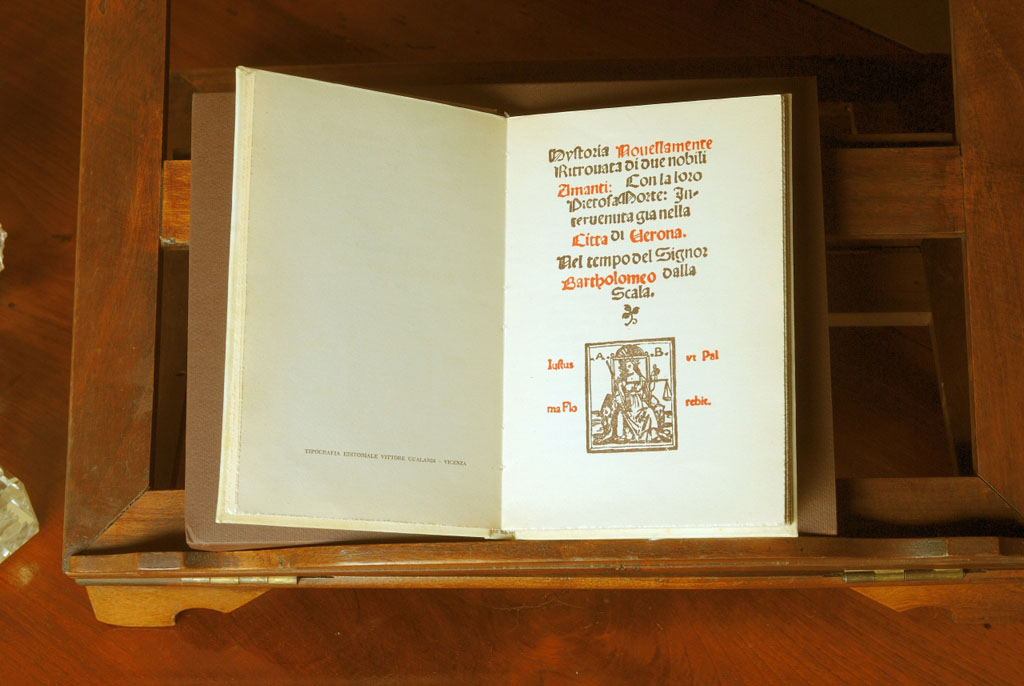No, today isn't Valentine's Day, but the same is a good time to talk about a story recently rediscovered and gets stuck, like a precious little gem of humanity and feelings, in a larger history used to trample the lives of common men.

It's the story of Luigi and Lucina, cousins and sons of noble families that were unexpectedly enemy, who one day 500 years ago, ran the February of 1511, met at a party in Udine and, against all common sense, hopelessly fall in love.
The vicissitudes of time are tangled, bloody and in some ways, as befits the time, obscure. The two youngs who certainly had promised, are separated by a cruel fate and the reasons of state of Venice.
He, a Venetian soldier, was wounded almost to death in combat, and forced to retreat into solitude in Montorso, where his only consolation is literary abilities, she forced to marry another cousin, to heal the terrible conflicts that had developed fire and sword Friuli.
Luigi never renounce his love, which transposes and transforms into a novel dedicated to her, entitled "The Juliet". A novel in which leaves many traces of the place where the real history took place, the city of Udine, albeit well disguised to escape the strict censorship of Venice.
A story of love gone bad, like many others at all times? No. This true story is actually the opening words of the greatest love story of all time, "Romeo and Juliet" by Shakespeare, that from the short story by Luigi da Porto, "The Juliet" inspired by creating the literary masterpiece of all time.
What about Luigi da Porto and Lucina Savorgnan? Their touching story, poetic and cruel, is the emblem of all the stories: the love and passion, violence and death, politics and reasons of state. They are still immortal among us, a symbol of a feeling shattered but vibrant forever.
Why are we telling you all this? Because Antonio da Porto, the last descendant of Romeo-Luigi, lives in Villa Selvatico, why not let him tell you this captivating and immortal story?!
